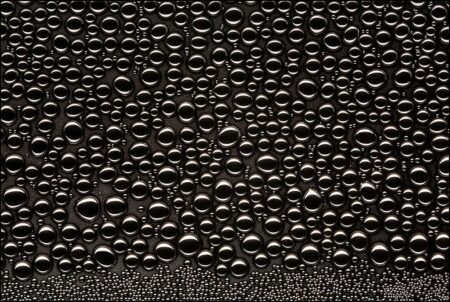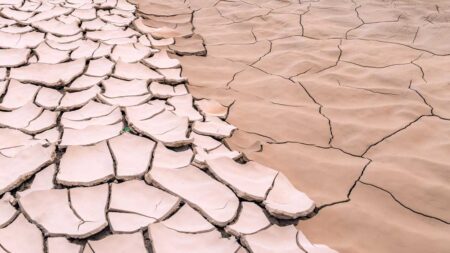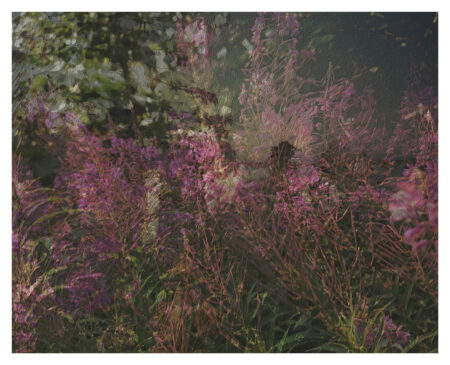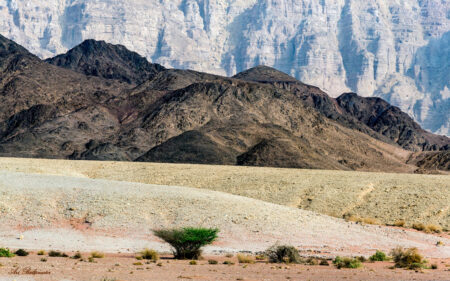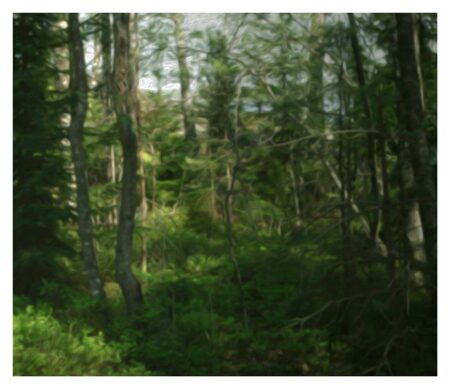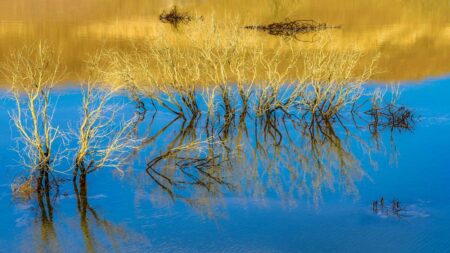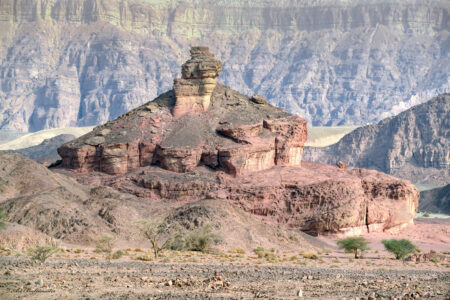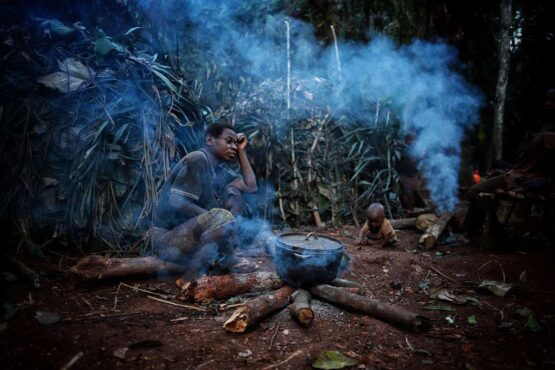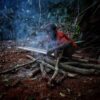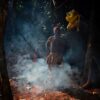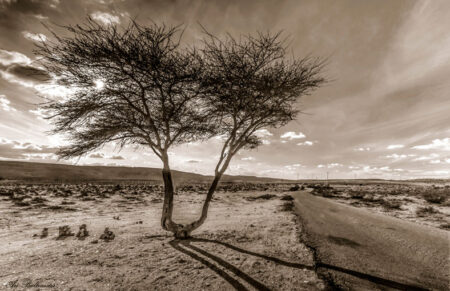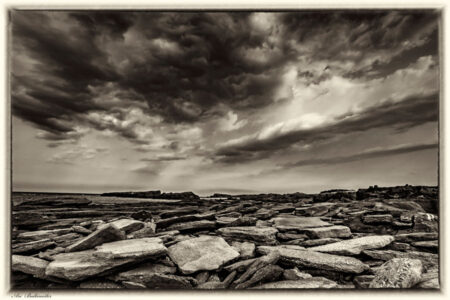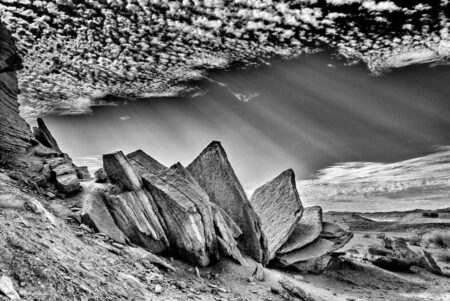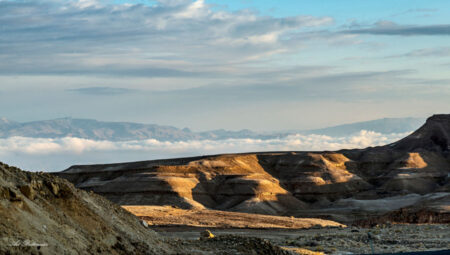QUIM FÀBREGAS ELIAS | BAKA PIGMIES #3
QUIM FÀBREGAS ELIAS | BAKA PIGMIES #3
Fine Art Photography. Quality Print on Photo Paper. 75 x 50 cm. Limited Edition 1/3. Signed Manually.
Description
QUIM FABREGAS
Quim Fàbregas, two decades photographing the world Grasping at the Look, Reaching the Soul Almost two decades ago, Quim Fàbregas life changed. Everything happened by chance. Photography and traveling became life and soul for Quim without even knowing it. His passion for capturing life through his camera has become his way of life. He moved away from the stereotypes of a capitalist and selfish society to literally leave everything and embark on his travel projects, allowing him to discover the world and show it to others.
A world full of a healthy life, where souls live, and the people they inhabit is nothing else but joy.
Quim has been able to help many communities and many people in different countries, and this has been possible thanks to his belief that together we can make a better world. He has seen poverty and wealth all together, and he really knows that a poor soul has no compassion for anything or anyone and a rich soul is the one who understands that we are all equal.
The collection “Grasping the Look, Reaching the Soul” emerged 18 years ago and has been growing in parallel with Quim’s life and soul. It goes beyond people’s hearts to reach their souls and lives. He has specialized in portraying souls. The images of Quim beat in the eyes of those who see them. This humanitarian photographer dedicates himself to his work and then distributes his earnings where needed. Quim Fábregas feeds his soul and his life by developing his social and humanitarian work that goes beyond the simple portrait.
Without any professional preparation, each image is harsh as life. His work is full of harmony and respect for all the people photographed. He has a dream to fulfill, to improve each and every piece of the world he discovers. There is no doubt, he is achieving it!
ABOUT THE PROJECT:
BAKA PIGMIES, LIVING IN THE JUNGLE IN THE 21ST CENTURY
We arrived at the Baka Pygmy camp in an hour of broad daylight. Time as time does not exist in that place. Before the pandemic, it was a new camp from my last stay exactly two years ago. You are about 500 m away from each other because some trees fell and that unfortunately caused some misfortune.
We arrived after walking a gentle trek for one hour; on this trip, the difficulty is much less than others as it is in the dry season. Africa has two seasons, the dry and the rainy. The dry season runs from November to March, but currently, climate change is making the weather a bit crazy.
In this case, we were lucky that the terrain was of an easy level, without difficulty. When they reached the camp, there were only three or four pygmies. Around 80 pygmies live in this camp; a few years ago, they exceeded 100 and more. Little by little, as the day passed, they returned to the camp to work in the jungle. Today they are still “slaves” to the Bantus. They work for them for their meals and for the deforestation of the jungle. Outrageous in the 21st century.
Deforestation is doing a lot of damage in the eastern jungle of Cameroon; they are really the colony of the Baka Pygmies who have lived for centuries and centuries in their habitat, in their ecosystem in the middle of nature. They are hunter-gatherers; they live on what they find in the jungle. Currently, they are sedentary nomads; they are almost always in the same place. A few decades ago, they traveled throughout the year to find places that would provide the necessary meals for all families.
The growths of animism still continue. Before religions, the human being was an animist. Live through nature. The elements of nature: water, air, fire, wood, and metal were all they needed to live. Each plant found in the jungle has a remedy and a cure. They are still cured with traditional medicine.
Fire is the essential element in a pygmy camp. Different fires are always lit distributed in different places, both outdoors and indoors. It is one of the most important elements; it is used to cook, warm up, have light at night, and scare away mosquitoes. Part of the fires is always lit.
They always look for places near rivers or streams. Water is the most important element for a human being. In the jungle where the pygmies live, they carry them regularly; this gives them water. Sometimes the rains are torrential, and they look for places that protect them from their homes. The houses are made with the branches and leaves of the jungle; they are leaves of a large size, there is a side that is dry, the water slides and makes good protection to be able to live in peace. They live surrounded by trees that rise to more than 40 m in height. This makes the pygmies appear smaller, currently measuring between 1.40 and 1.60m. Before they measure less.
Their clothing has long been made of African fabrics, especially women’s or “normal” t-shirts and pants. They have not dressed in the traditional clothing of the jungle leaves for decades. If you see any report dressed like this, they are disguised, literally.
When you arrive at the pygmy camp, the first thing to do is approach the colony’s head to welcome you.
During the 12 years that I went for the first time, I am working on this photographic report of how the Baka Pygmies live everything and their difficulties due to deforestation. Every time, it is more difficult for them to live in their habitat,
This report makes humanity aware that this ethnic group wants to continue living like their ancestors, in the jungle, in nature.
Additional information
| Dimensions | 75 × 50 cm |
|---|
Returns and Exchanges
We want you to enjoy your new art, so if a piece doesn't quite work in your space, return it within seven days of receiving your order, and we'll issue you a refund for the price of the art. Art must be returned in its original packaging with the certification of authenticity. You are responsible for the cost of return shipping and any customs and brokerage fees charged upon return. At this time, there are no returns on special orders or artwork altered at the customer's request. Before returning the artwork, you must contact us by email to mail@israeliartmarket.com.- From the time you receive your original artwork from the shipper, you have seven days to decide whether to keep the work or return the artwork in its original condition and packaging to receive a refund.
- We also require all returned artwork to be shipped out by the buyer within three days after confirming with us that the work will be returned. So, if you receive artwork you've purchased from the Israeli Art Market and are not fully satisfied, you have:
- Seven days to contact us about your intent to return the work
- Three days from the day you contacted us to ship out the artwork
Ship your item back to Us
Firstly contact us by email to: mail@israeliartmarket.com. Art Market. PO BOX 467. Givatayim. Israel. For more information, view our full Returns and Exchanges information FAQRelated Products
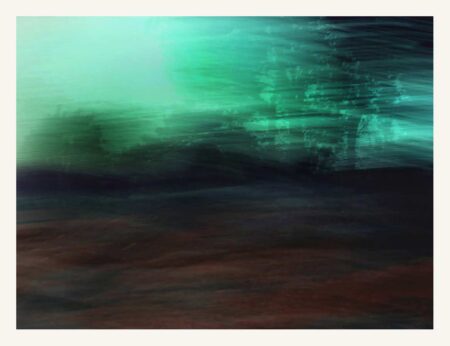
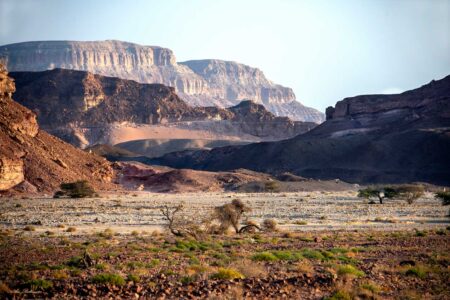
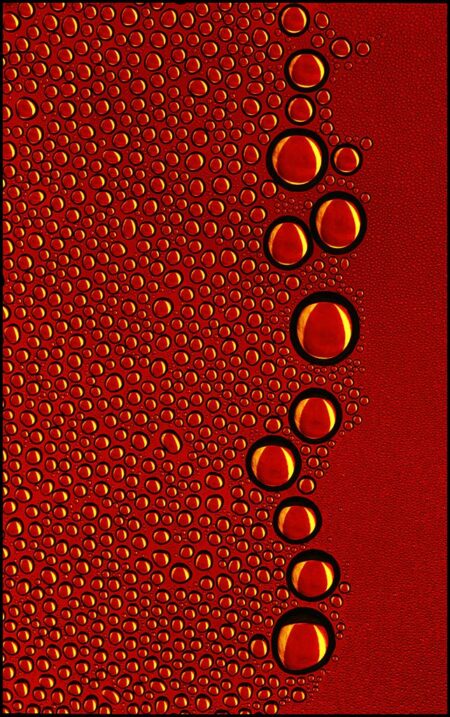

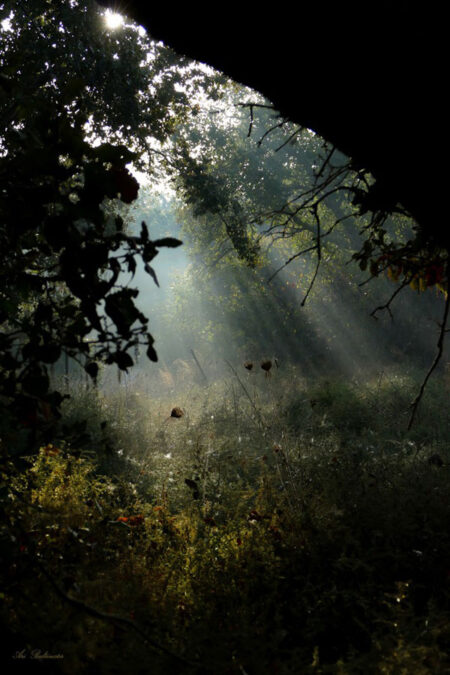
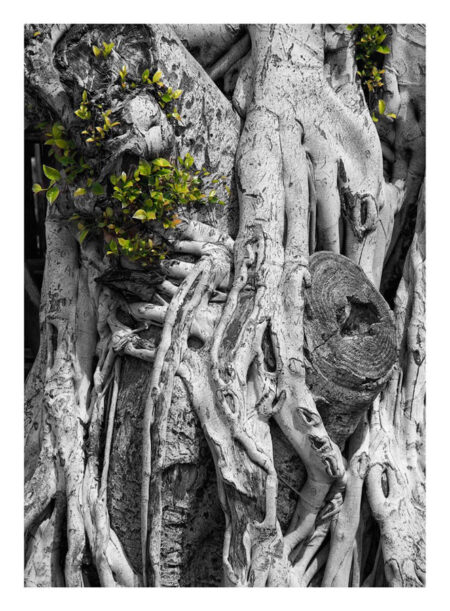
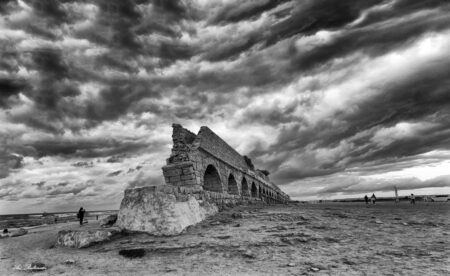
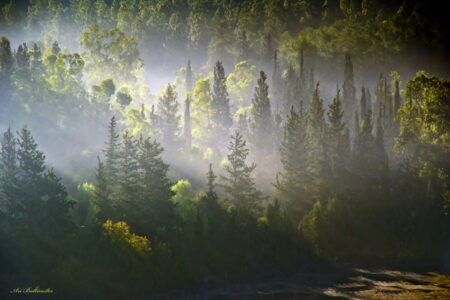

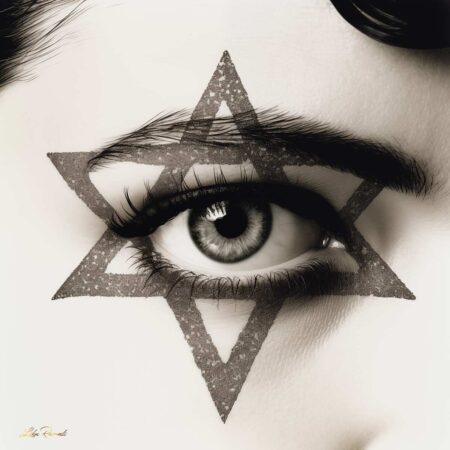
 GOLD LIST Award artist by the International Art Market Magazine.
The Gold List - Featuring a list of Top Contemporary Artists & Fine Art Photographers of Today from all over the globe. The jury panel believes each entrant featured on this list is a name worth remembering and investing in. The Gold List is being distributed worldwide in digital and print editions and is the media sponsor of leading art fairs around the globe!
GOLD LIST Award artist by the International Art Market Magazine.
The Gold List - Featuring a list of Top Contemporary Artists & Fine Art Photographers of Today from all over the globe. The jury panel believes each entrant featured on this list is a name worth remembering and investing in. The Gold List is being distributed worldwide in digital and print editions and is the media sponsor of leading art fairs around the globe!  GOLD LIST Award artist by the International Art Market Magazine.
The Gold List - Featuring a list of Top Contemporary Artists & Fine Art Photographers of Today from all over the globe. The jury panel believes each entrant featured on this list is a name worth remembering and investing in. The Gold List is being distributed worldwide in digital and print editions and is the media sponsor of leading art fairs around the globe!
GOLD LIST Award artist by the International Art Market Magazine.
The Gold List - Featuring a list of Top Contemporary Artists & Fine Art Photographers of Today from all over the globe. The jury panel believes each entrant featured on this list is a name worth remembering and investing in. The Gold List is being distributed worldwide in digital and print editions and is the media sponsor of leading art fairs around the globe! 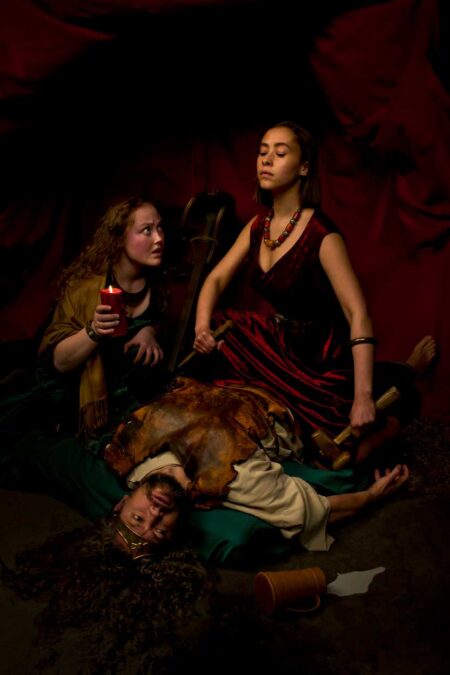
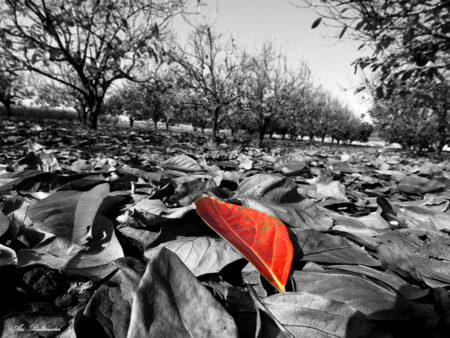
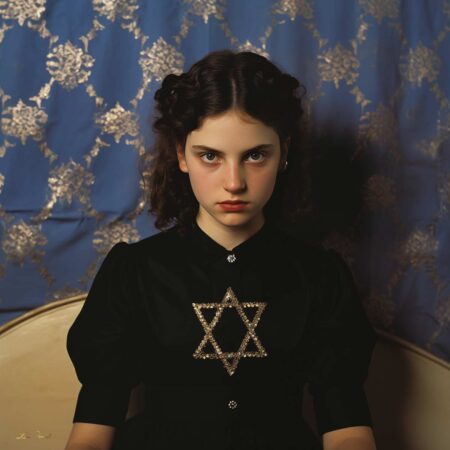
 GOLD LIST Award artist by the International Art Market Magazine.
The Gold List - Featuring a list of Top Contemporary Artists & Fine Art Photographers of Today from all over the globe. The jury panel believes each entrant featured on this list is a name worth remembering and investing in. The Gold List is being distributed worldwide in digital and print editions and is the media sponsor of leading art fairs around the globe!
GOLD LIST Award artist by the International Art Market Magazine.
The Gold List - Featuring a list of Top Contemporary Artists & Fine Art Photographers of Today from all over the globe. The jury panel believes each entrant featured on this list is a name worth remembering and investing in. The Gold List is being distributed worldwide in digital and print editions and is the media sponsor of leading art fairs around the globe!  GOLD LIST Award artist by the International Art Market Magazine.
The Gold List - Featuring a list of Top Contemporary Artists & Fine Art Photographers of Today from all over the globe. The jury panel believes each entrant featured on this list is a name worth remembering and investing in. The Gold List is being distributed worldwide in digital and print editions and is the media sponsor of leading art fairs around the globe!
GOLD LIST Award artist by the International Art Market Magazine.
The Gold List - Featuring a list of Top Contemporary Artists & Fine Art Photographers of Today from all over the globe. The jury panel believes each entrant featured on this list is a name worth remembering and investing in. The Gold List is being distributed worldwide in digital and print editions and is the media sponsor of leading art fairs around the globe! 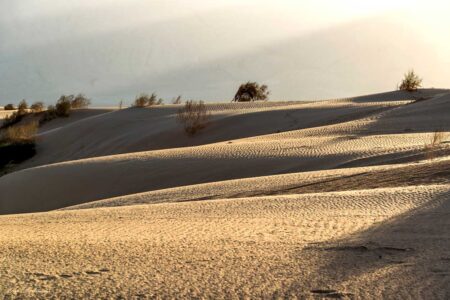
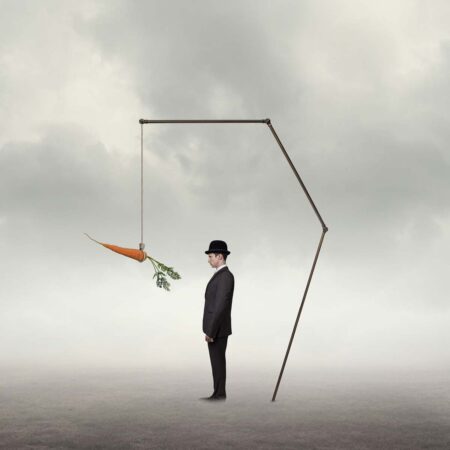
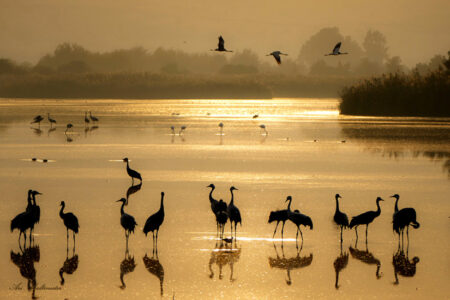
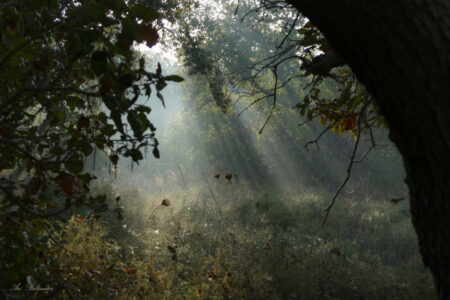
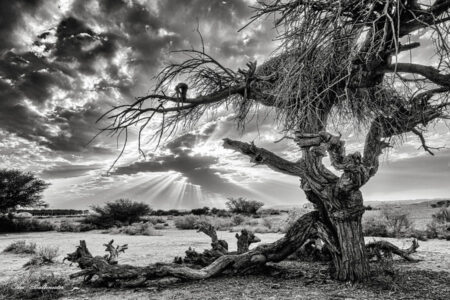
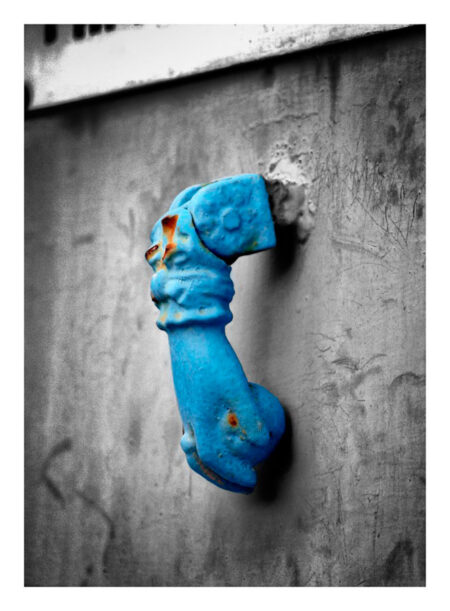
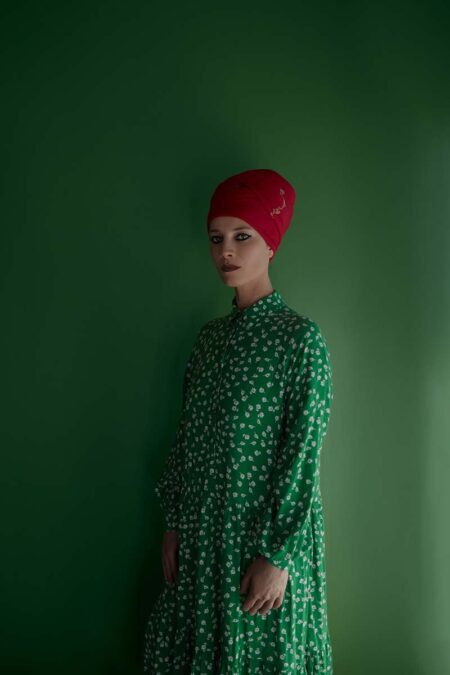
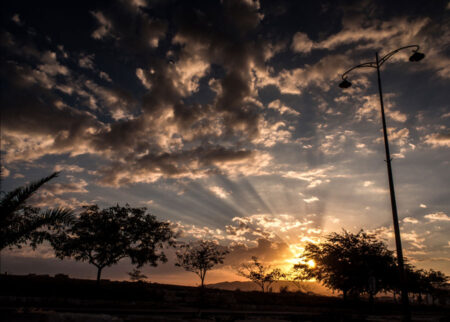
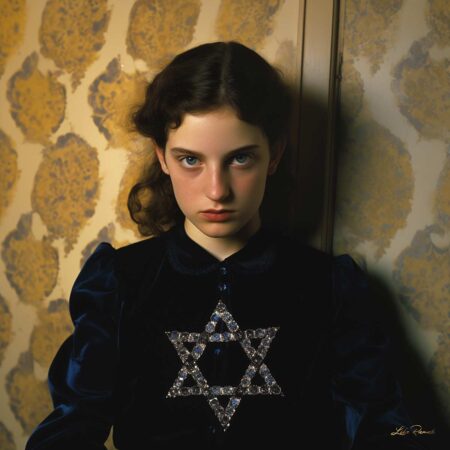
 GOLD LIST Award artist by the International Art Market Magazine.
The Gold List - Featuring a list of Top Contemporary Artists & Fine Art Photographers of Today from all over the globe. The jury panel believes each entrant featured on this list is a name worth remembering and investing in. The Gold List is being distributed worldwide in digital and print editions and is the media sponsor of leading art fairs around the globe!
GOLD LIST Award artist by the International Art Market Magazine.
The Gold List - Featuring a list of Top Contemporary Artists & Fine Art Photographers of Today from all over the globe. The jury panel believes each entrant featured on this list is a name worth remembering and investing in. The Gold List is being distributed worldwide in digital and print editions and is the media sponsor of leading art fairs around the globe!  GOLD LIST Award artist by the International Art Market Magazine.
The Gold List - Featuring a list of Top Contemporary Artists & Fine Art Photographers of Today from all over the globe. The jury panel believes each entrant featured on this list is a name worth remembering and investing in. The Gold List is being distributed worldwide in digital and print editions and is the media sponsor of leading art fairs around the globe!
GOLD LIST Award artist by the International Art Market Magazine.
The Gold List - Featuring a list of Top Contemporary Artists & Fine Art Photographers of Today from all over the globe. The jury panel believes each entrant featured on this list is a name worth remembering and investing in. The Gold List is being distributed worldwide in digital and print editions and is the media sponsor of leading art fairs around the globe! 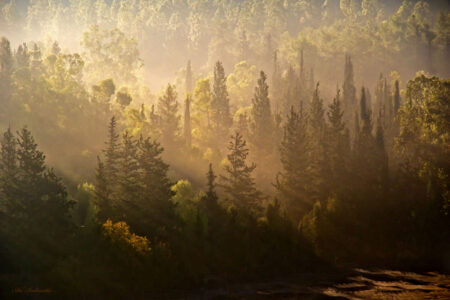
 Chosen Artist of
The GOLD LIST
Special Edition by Art Market Magazine, Featuring a list of Top Contemporary Artists &Photographers from all over the world.
The Judges team believe each entrant featured on this list is a name worth remembering.Every artist and photographer included on the Gold List has earned their spot there, be it through a growing reputation among the art community or an established name that continues to inspire and excite.
Available at Steimatzky Bookstores in Israel. Available in the US&Canada at
Barnes & Noble Bookstores.
Chosen Artist of
The GOLD LIST
Special Edition by Art Market Magazine, Featuring a list of Top Contemporary Artists &Photographers from all over the world.
The Judges team believe each entrant featured on this list is a name worth remembering.Every artist and photographer included on the Gold List has earned their spot there, be it through a growing reputation among the art community or an established name that continues to inspire and excite.
Available at Steimatzky Bookstores in Israel. Available in the US&Canada at
Barnes & Noble Bookstores.  Chosen Artist of
The GOLD LIST
Special Edition by Art Market Magazine, Featuring a list of Top Contemporary Artists &Photographers from all over the world.
The Judges team believe each entrant featured on this list is a name worth remembering.Every artist and photographer included on the Gold List has earned their spot there, be it through a growing reputation among the art community or an established name that continues to inspire and excite.
Available at Steimatzky Bookstores in Israel. Available in the US&Canada at
Barnes & Noble Bookstores.
Chosen Artist of
The GOLD LIST
Special Edition by Art Market Magazine, Featuring a list of Top Contemporary Artists &Photographers from all over the world.
The Judges team believe each entrant featured on this list is a name worth remembering.Every artist and photographer included on the Gold List has earned their spot there, be it through a growing reputation among the art community or an established name that continues to inspire and excite.
Available at Steimatzky Bookstores in Israel. Available in the US&Canada at
Barnes & Noble Bookstores. 

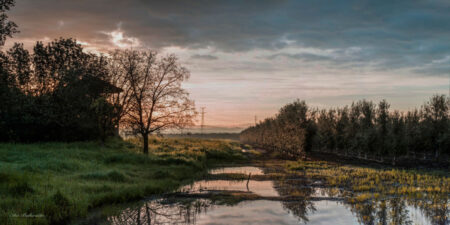
 Chosen Artist of
The GOLD LIST
Special Edition by Art Market Magazine, Featuring a list of Top Contemporary Artists &Photographers from all over the world.
The Judges team believe each entrant featured on this list is a name worth remembering.Every artist and photographer included on the Gold List has earned their spot there, be it through a growing reputation among the art community or an established name that continues to inspire and excite.
Available at Steimatzky Bookstores in Israel. Available in the US&Canada at
Barnes & Noble Bookstores.
Chosen Artist of
The GOLD LIST
Special Edition by Art Market Magazine, Featuring a list of Top Contemporary Artists &Photographers from all over the world.
The Judges team believe each entrant featured on this list is a name worth remembering.Every artist and photographer included on the Gold List has earned their spot there, be it through a growing reputation among the art community or an established name that continues to inspire and excite.
Available at Steimatzky Bookstores in Israel. Available in the US&Canada at
Barnes & Noble Bookstores.  Chosen Artist of
The GOLD LIST
Special Edition by Art Market Magazine, Featuring a list of Top Contemporary Artists &Photographers from all over the world.
The Judges team believe each entrant featured on this list is a name worth remembering.Every artist and photographer included on the Gold List has earned their spot there, be it through a growing reputation among the art community or an established name that continues to inspire and excite.
Available at Steimatzky Bookstores in Israel. Available in the US&Canada at
Barnes & Noble Bookstores.
Chosen Artist of
The GOLD LIST
Special Edition by Art Market Magazine, Featuring a list of Top Contemporary Artists &Photographers from all over the world.
The Judges team believe each entrant featured on this list is a name worth remembering.Every artist and photographer included on the Gold List has earned their spot there, be it through a growing reputation among the art community or an established name that continues to inspire and excite.
Available at Steimatzky Bookstores in Israel. Available in the US&Canada at
Barnes & Noble Bookstores. 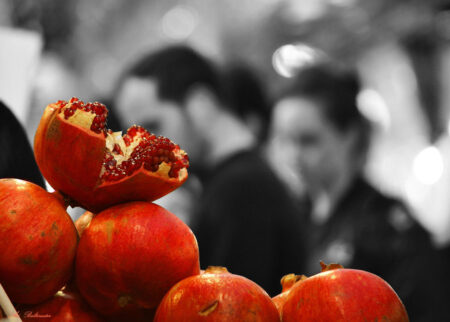
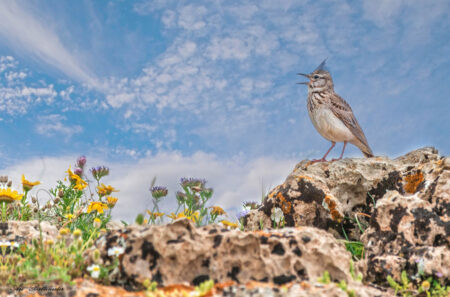
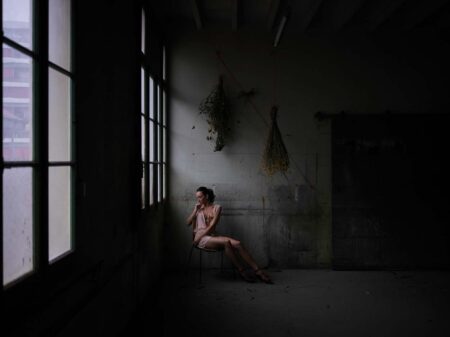
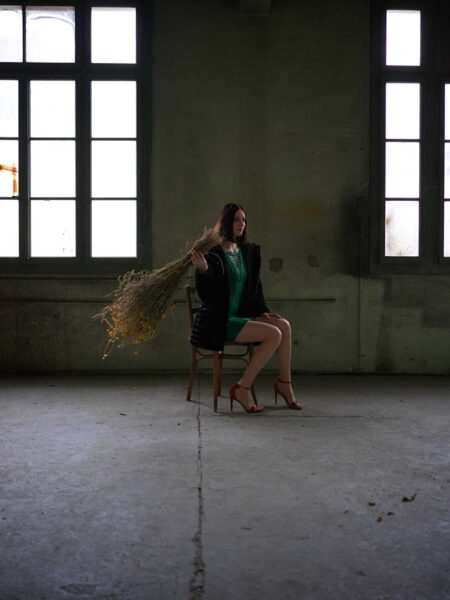
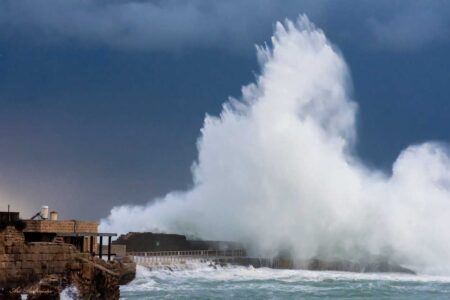
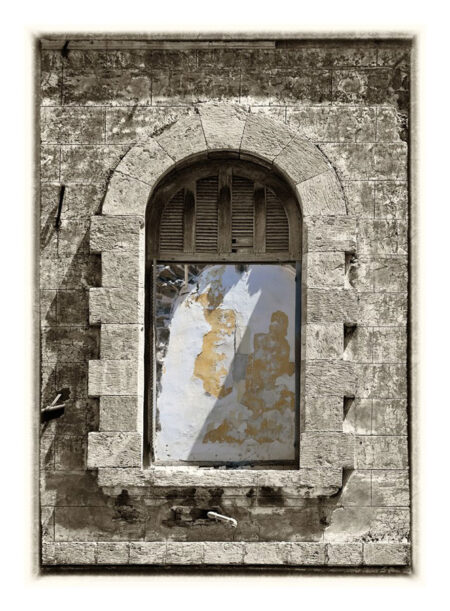
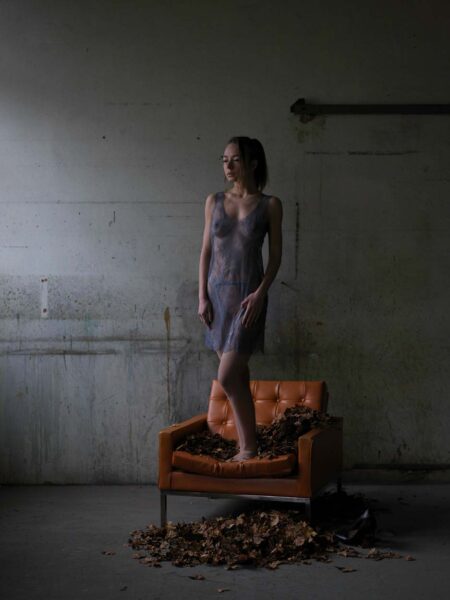
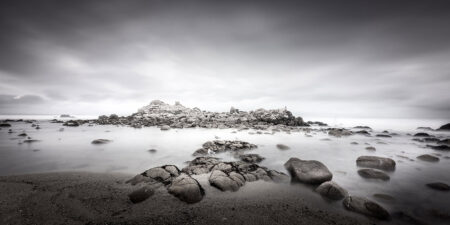
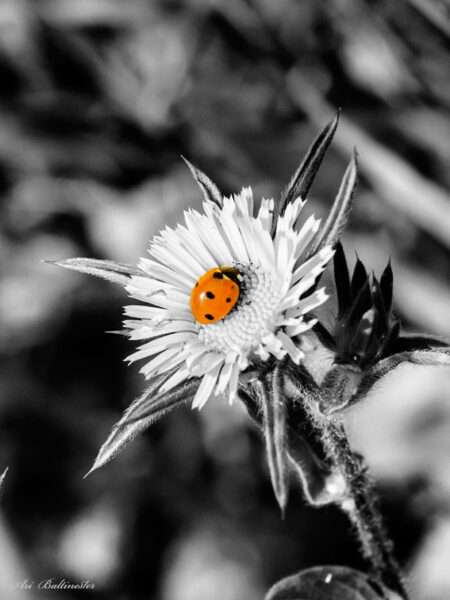
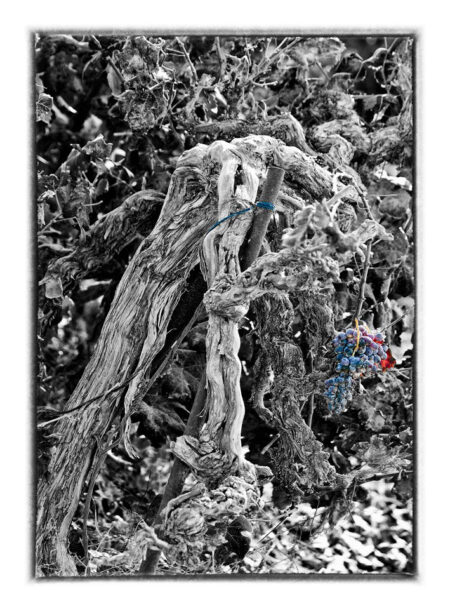


 GOLD LIST Award artist by the International Art Market Magazine.
The Gold List - Featuring a list of Top Contemporary Artists & Fine Art Photographers of Today from all over the globe. The jury panel believes each entrant featured on this list is a name worth remembering and investing in. The Gold List is being distributed worldwide in digital and print editions and is the media sponsor of leading art fairs around the globe!
GOLD LIST Award artist by the International Art Market Magazine.
The Gold List - Featuring a list of Top Contemporary Artists & Fine Art Photographers of Today from all over the globe. The jury panel believes each entrant featured on this list is a name worth remembering and investing in. The Gold List is being distributed worldwide in digital and print editions and is the media sponsor of leading art fairs around the globe!  GOLD LIST Award artist by the International Art Market Magazine.
The Gold List - Featuring a list of Top Contemporary Artists & Fine Art Photographers of Today from all over the globe. The jury panel believes each entrant featured on this list is a name worth remembering and investing in. The Gold List is being distributed worldwide in digital and print editions and is the media sponsor of leading art fairs around the globe!
GOLD LIST Award artist by the International Art Market Magazine.
The Gold List - Featuring a list of Top Contemporary Artists & Fine Art Photographers of Today from all over the globe. The jury panel believes each entrant featured on this list is a name worth remembering and investing in. The Gold List is being distributed worldwide in digital and print editions and is the media sponsor of leading art fairs around the globe! 